-
How does the brain control consciousness? This deep-brain structure
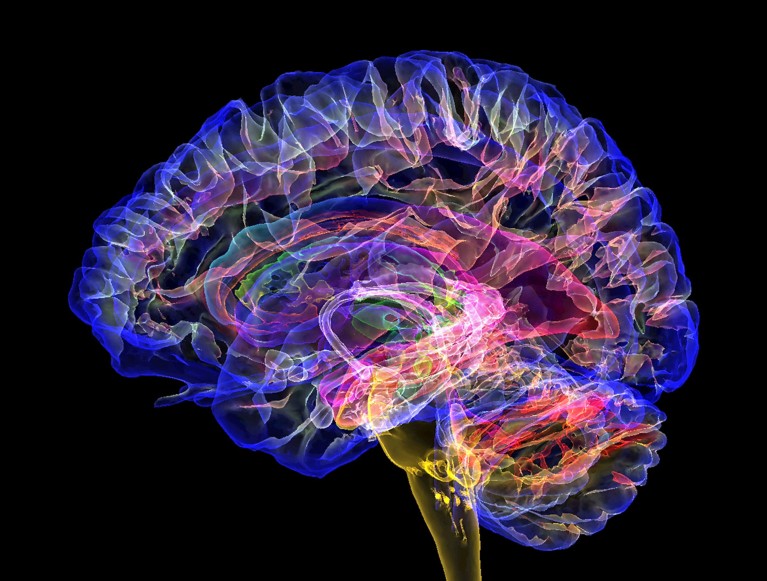
The inner structures of the brain are difficult to investigate without surgery.Credit: K H Fung/Science Photo Library Neuroscientists have observed for the first time how structures deep in the brain are activated when the brain becomes aware of its own thoughts, known as conscious perception1. The brain is constantly bombarded with sights, sounds and other…
-
Journal targeted by paper mill still grappling with the aftermath years later
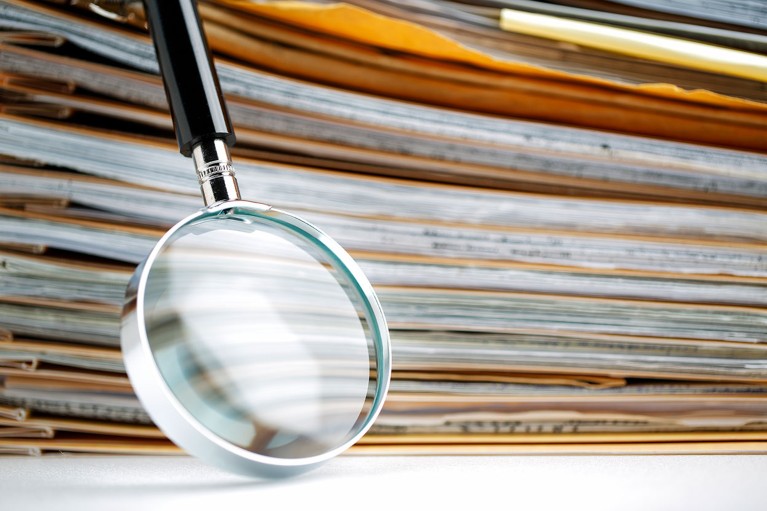
An analysis identified studies that contained duplicated images or tortured phrases.Credit: bernie_photo/Getty A biotechnology journal that was inundated with paper-mill submissions in 2021 — and claimed in 2023 that it had tackled the problem — still harbours hundreds of dubious papers, an analysis by research-integrity sleuths has found. At least 226 studies on rodents published…
-
Take Nature’s poll: How will Trump’s policies affect US science?
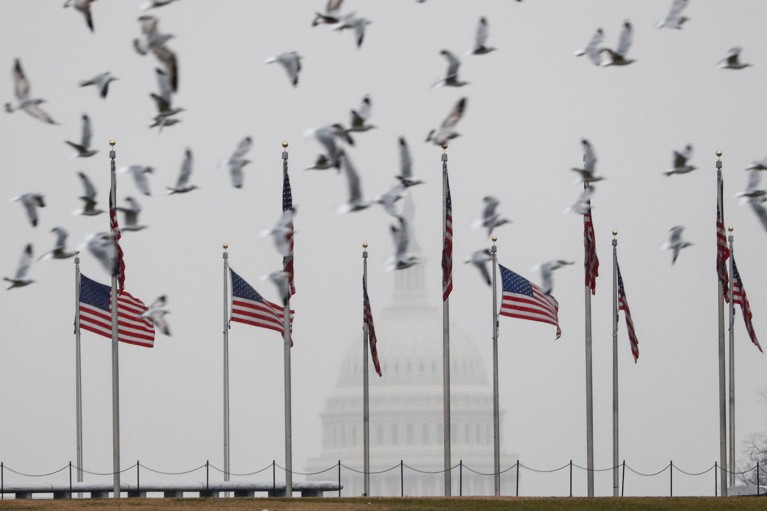
The US Capitol Building in Washington DC during a snowstorm.Credit: Tom Brenner/Reuters In the ten weeks since US President Donald Trump reoccupied the White House, his administration has profoundly transformed science in the United States. The government is shutting down research programmes and blocking work on a vast array of topics, from climate to COVID-19.…
-
75% of US scientists considering leaving the country, says new Nature poll

Leading scientific journal Nature surveyed scientists about whether the Trump administration’s massive slashing of federal science funding is causing them to consider leaving the United States. More than 1,200 scientists responded. A shocking 75% said they were seriously considering moving out of the U.S. Where? Top countries mentioned were Europe and Canada, or “anywhere that…
-
Seacoast Sips of Science serves up a pint of knowledge: Nature News
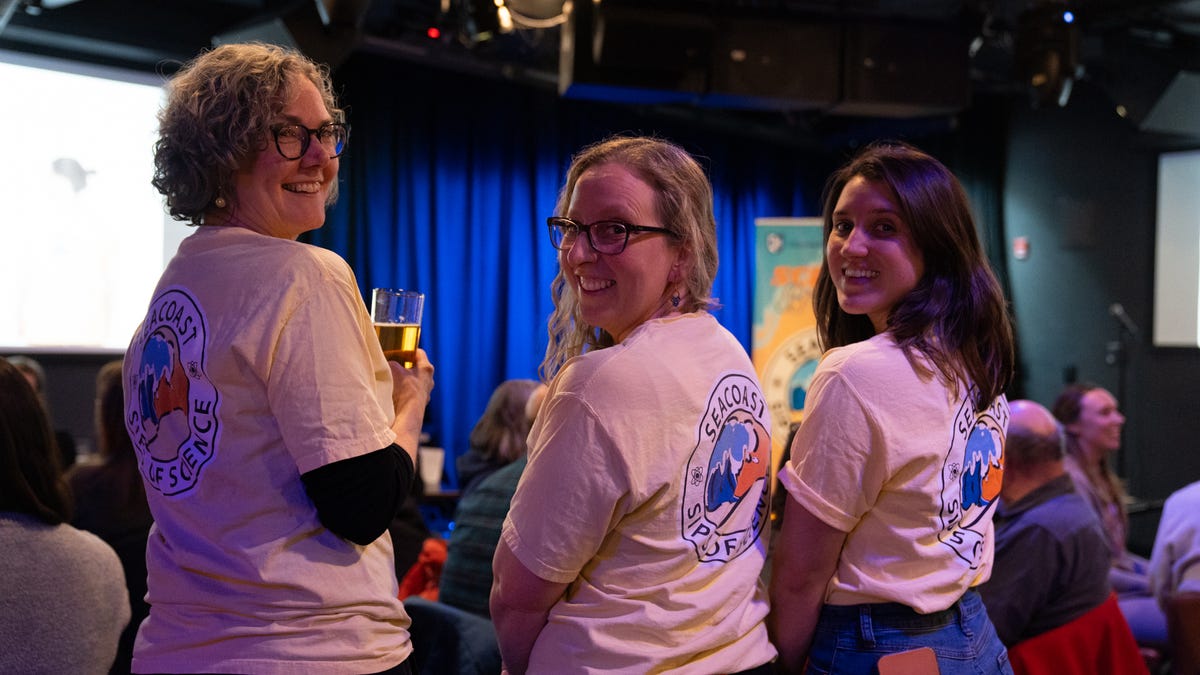
Susan Pike | Portsmouth Herald While my topic today isn’t the normal sharing of the natural world I encounter in my backyard, I feel compelled (by enthusiasm) to share something I’ve been doing almost every month for the past couple of years- attending the University of New Hampshire’s Seacoast Sips of Science programs. Sips of…
-
Are screens harming teens? What scientists can do to find answers
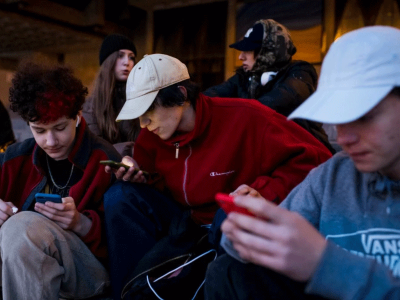
The Handbook of Children and Screens, published earlier this year, handily summarizes studies on the impacts of digital media on young people’s development. The book took nearly 400 specialists and 87 chapters to cover the thousands of studies done. And yet, as we report in a News Feature, the debate among researchers about whether smartphones…
-
Openness guides discovery
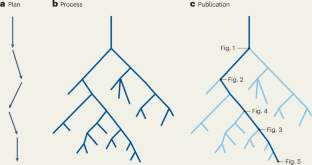
Access through your institution Buy or subscribe In reality, research projects grow through an evolutionary process. Variation — the substrate of evolution — is provided through the emergence of new questions and avenues of investigation. The research team must then choose which directions to pursue, a process akin to natural selection1. Along with this evolution…
-
Do smartphones and social media really harm teens’ mental health?
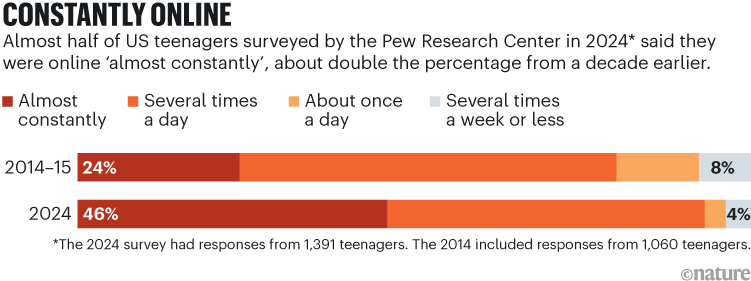
There’s a book perched near the top of The New York Times bestseller list about what’s wrong with kids today. The Anxious Generation (2024), by psychologist Jonathan Haidt, argues that increasing time spent on smartphones and social media, at the expense of play, is rewiring the brains of children and adolescents and driving soaring rates…
-
Velara unveils the first biologically optimized Resort & Residences in Costa Rica : Wednesday, 2nd April 2025 : 4Hoteliers

Spanning 17 pristine acres just minutes from Marbella Beach, Velara at Playa Azul is the only high-rise residential development permitted along this protected coastline, ensuring uninterrupted views and long-term exclusivity. More than a destination, Velara is a pioneering community where science and soul converge, seamlessly integrating precision health, regenerative therapies, and intelligent design to create a new standard of living.…
-
Daily briefing: Mass layoffs across US health agencies
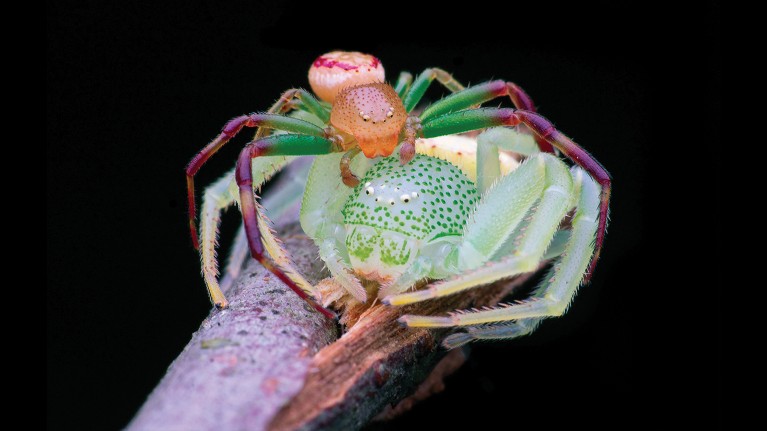
Hello Nature readers, would you like to get this Briefing in your inbox free every day? Sign up here. Credit: Sandip Guha The month’s best science images This shot of a pair of courting crab spiders, taken by nature photographer Sandip Guha in Shiliguri, India, highlights the difference in size between the male and his…